Samsung set to win infringement case which will impact iPhone 17e prices
An impending win for Samsung could be a major loss for Apple's iPhone 17e.

Samsung filed an infringement case against Chinese display manufacturer BOE ages ago, and is now set to win after a recent ruling by the ITC (International Trade Commission). When the case concludes, the results will be a major blow to BOE, and will most likely negatively impact the pricing of the iPhone 17e.
The ITC has ruled (translated source) that BOE infringed on Samsung Display’s trade secrets. Furthermore, new restrictions are currently set to be placed on BOE, which will prevent any products containing its display panels from being imported into the U.S.
This will be problematic for Samsung’s largest rival in the smartphone space: Apple. Apple has used BOE for its more affordable displays for years, particularly on budget offerings like the iPhone 16e. The iPhone 17e was likely going to use BOE panels as well, but may no longer be allowed to do so. This will almost assuredly result in prices going up.
Additionally, BOE had just scored a major win with Apple, having been entrusted with iPhone 17 display production for the Chinese market. Until very recently, BOE had been failing to meet Apple’s standards, and was set to lose out on iPhone 17 orders entirely.
While the ITC’s ruling shouldn’t affect devices being made for Chinese consumers, it will make it much more difficult for BOE to conduct further business with Apple.

Apple has been trying to shift entirely to using displays provided by BOE for years. The manufacturer was recently projected to have the majority share of MacBook displays as well. Simply put, BOE provided displays at more affordable rates than Samsung Display and LG Display. As such, Apple saw it as a means to reduce manufacturing costs.
Unfortunately, there was always something going wrong with BOE’s attempts. Either its displays wouldn’t meet the standards for global implementation on the top-end iPhone models, or it would try to pull a fast one on Apple.
This new development may be the final nail in the coffin for BOE for a very long time. It all depends on whether the company is able to catch up to its competitors quickly, hopefully by its own merit this time.
This will be problematic for Samsung’s largest rival in the smartphone space: Apple. Apple has used BOE for its more affordable displays for years, particularly on budget offerings like the iPhone 16e. The iPhone 17e was likely going to use BOE panels as well, but may no longer be allowed to do so. This will almost assuredly result in prices going up.
Additionally, BOE had just scored a major win with Apple, having been entrusted with iPhone 17 display production for the Chinese market. Until very recently, BOE had been failing to meet Apple’s standards, and was set to lose out on iPhone 17 orders entirely.
While the ITC’s ruling shouldn’t affect devices being made for Chinese consumers, it will make it much more difficult for BOE to conduct further business with Apple.

The iPhone 16e uses displays manufactured by BOE. | Video credit — Apple
Apple has been trying to shift entirely to using displays provided by BOE for years. The manufacturer was recently projected to have the majority share of MacBook displays as well. Simply put, BOE provided displays at more affordable rates than Samsung Display and LG Display. As such, Apple saw it as a means to reduce manufacturing costs.
Unfortunately, there was always something going wrong with BOE’s attempts. Either its displays wouldn’t meet the standards for global implementation on the top-end iPhone models, or it would try to pull a fast one on Apple.
This new development may be the final nail in the coffin for BOE for a very long time. It all depends on whether the company is able to catch up to its competitors quickly, hopefully by its own merit this time.

![Verizon is down across the US, and no one knows when service will be back [UPDATED]](https://m-cdn.phonearena.com/images/article/173671-wide-two_350/Verizon-is-down-across-the-US-and-no-one-knows-when-service-will-be-back-UPDATED.webp)
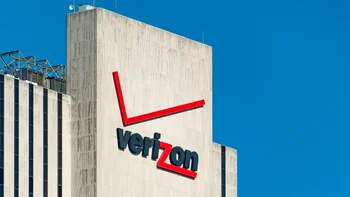
![Some T-Mobile users need to restart their phones [UPDATED]](https://m-cdn.phonearena.com/images/article/173654-wide-two_350/Some-T-Mobile-users-need-to-restart-their-phones-UPDATED.webp)

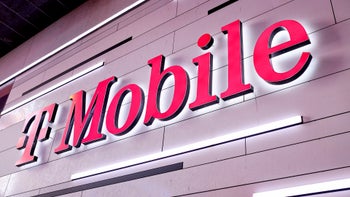

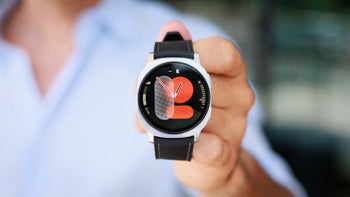
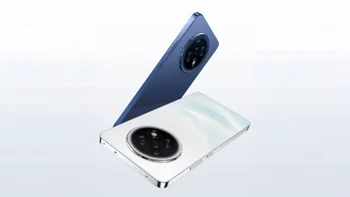
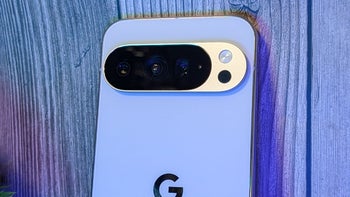
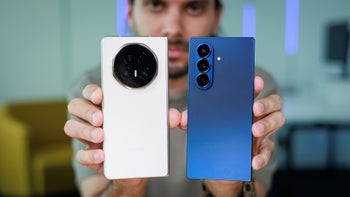
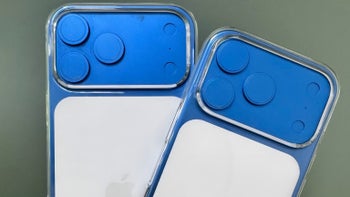
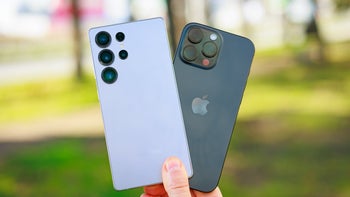
Things that are NOT allowed:
To help keep our community safe and free from spam, we apply temporary limits to newly created accounts: